Covid 19 – The Herd Immunity Debate
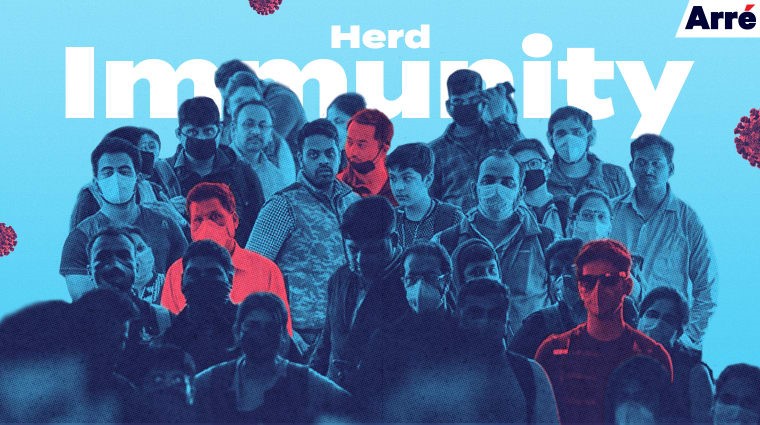
By Dr Raju Adhikari
Our immune system produces antibodies to develop immunity when we get the infection. Not all people have the same level of immunity and are dependent upon age and health conditions. Our body also stimulates immunity to produce antibodies when we get infected through a vaccine that uses part of the inactive germ. While the whole world is waiting for the vaccine, the only option to contain virus spread and avoid infection is to follow isolation and social distancing measures. However, few countries believe in the herd immunity option.
Herd immunity was recognized in the 1930s when scientists discovered that people can develop immunity without vaccination and helped in preventing the spread of many infectious diseases. It works when a large percentage of over 70% of a population has become immune through infections and helps contain the infection ultimately. But the question is: at what cost?
The US President, Donald Trump, and his newly appointed health advisor Scott Atlas look supportive of the herd immunity concept and believe in relaxing measures of social distancing and wearing of masks despite a surge in virus cases. There is a belief that if the coronavirus spread is largely unrestrained herd community (immunity?) will be achieved sooner. According to the WHO, 65 to 70 % of a population would need to become infected to achieve herd immunity. With the COVID death rate of 1% and considering the US population of over 350 million, 65 percent of its population infection could result in 2.13 million deaths. Could any country afford to take such a risky path. WHO says for COVID 19, we are nowhere close to the levels of herd immunity to stop this disease transmission. The White House has denied the herd immunity approach and emphasized that the priority is to protect those at the highest risk, especially the elderly while allowing low-risk Americans to safely return to work and school.” Sweden adopted a similar approach and the UK is also following the same. Considering the reproductive rate (R0) of coronavirus between 1.4 to 2.5, a large proportion of the population 50-75% needs to be infected to achieve herd immunity level, say experts.
Scientist have warned that we still don’t understand fully how our immune system responds to COVID-19. And, with the reinfection cases, long term pulmonary and cardia complications, and lack of sufficient data herd community approach is too large a risk . Vaccination is the right approach and even after vaccination, it may take over a year to achieve the herd immunity.
Nepal’s COVID-19 cases have surprised many with low infection rates and the number of deaths so far. Experts argue that this is due to the low number of testing and we don’t know the real situation. However, many believe that Nepal’s infection rate will remain low due to our high immunity level attributed to our eating and lifestyles. Nepalese people live, drink and eat relatively unhygienically and their exposure to virus and bacteria’s infection at an early age has enabled the population to develop strong immunity in their adulthood and thus able to resist COVID infection.”
Of 390 death in Nepal, over 90 % of these deaths have been reported in the age group of 60 years or above and 80% of deaths are occurring in individuals with other complications (co-morbidity) such as cardiovascular diseases, hypertension, and diabetes, pneumonia etc. Nepal, in collaboration with the WHO, has started a seroprevalence study in all provinces and may help understand the prevalence of COVID antibody and immunity of the Nepali population. Experts warn that Nepal should aggressively conduct tests and not be complacent and adopt a herd community immunity?) approach.
So this is too early to be complacent about the impact of the COVID 19. Herd community (immunity) is a fact but let’s use common sense and follow required measures and not risk our lives and wait for the vaccine.(Illustration source: Reynold Mascarenhas)

Dr Adhikari is a scientist based in Melbourne, Australia.






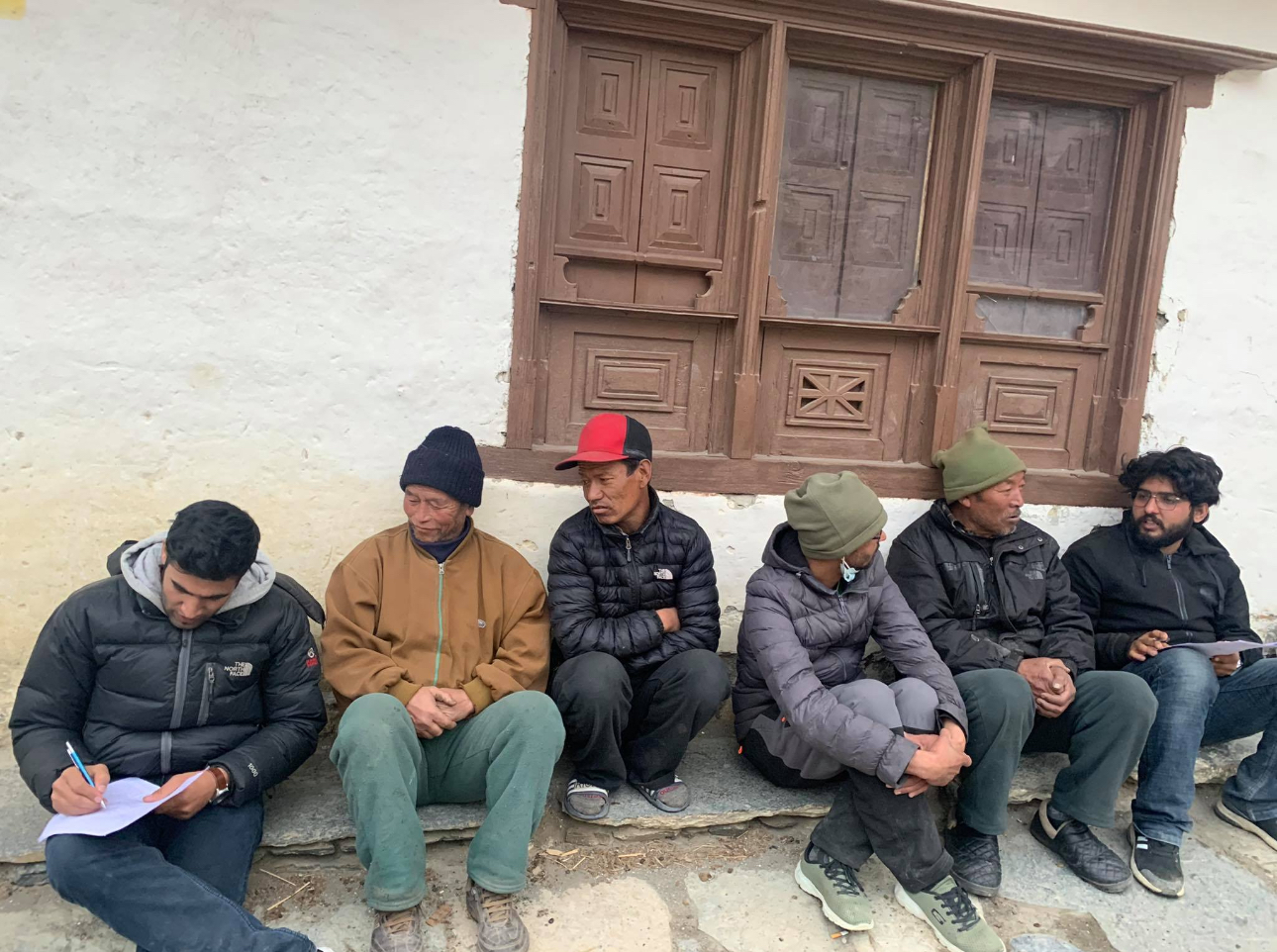
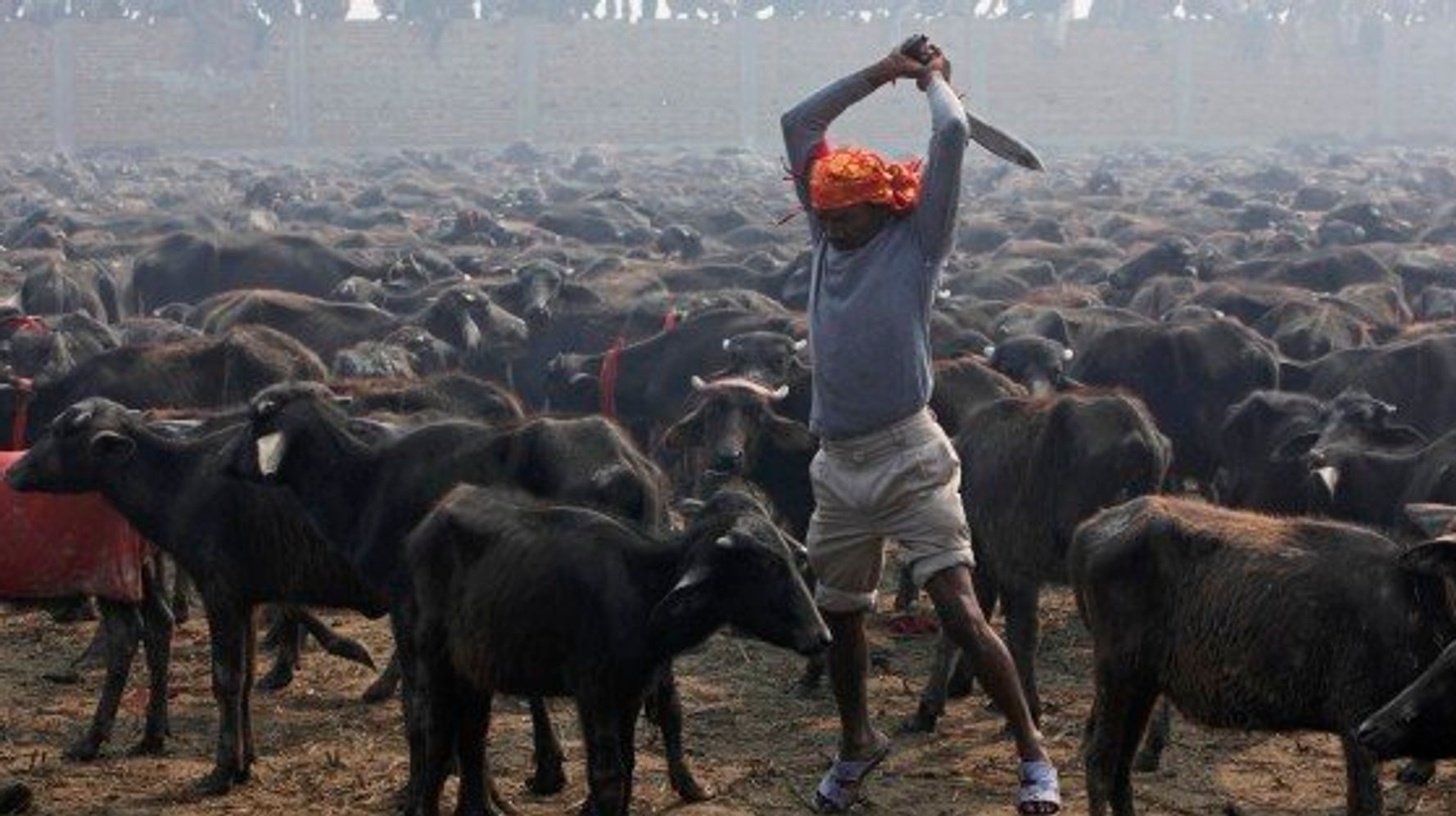

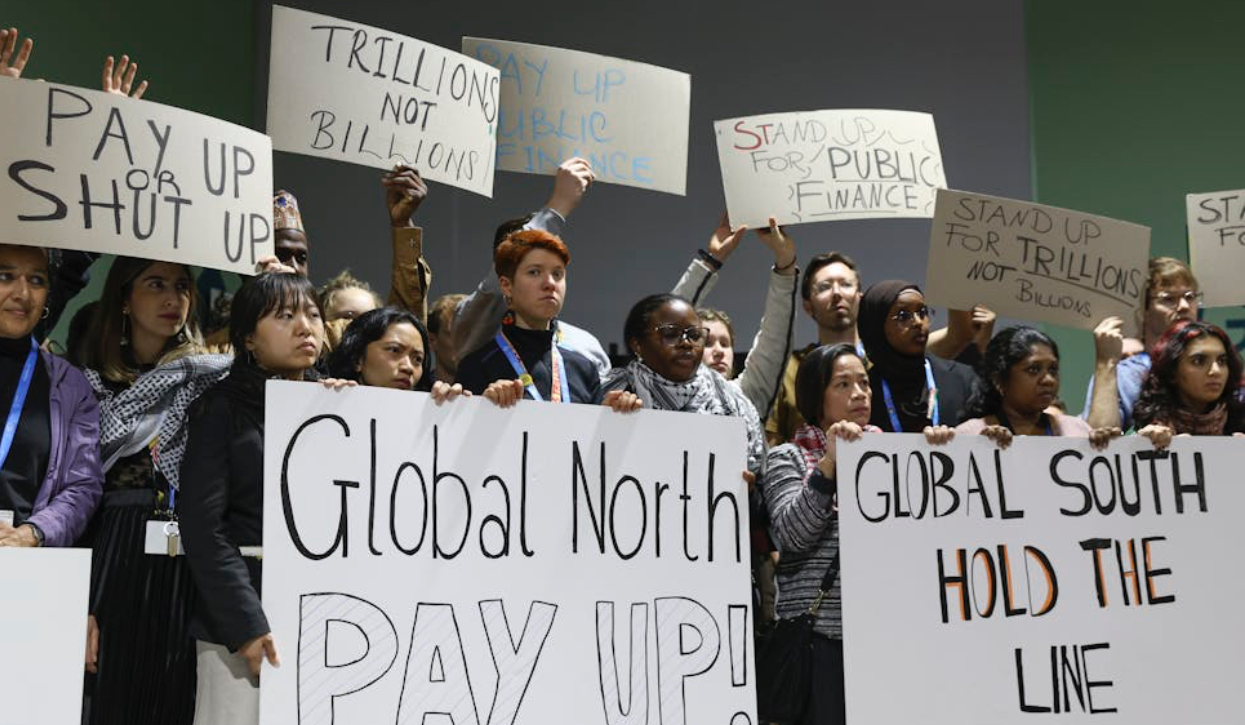



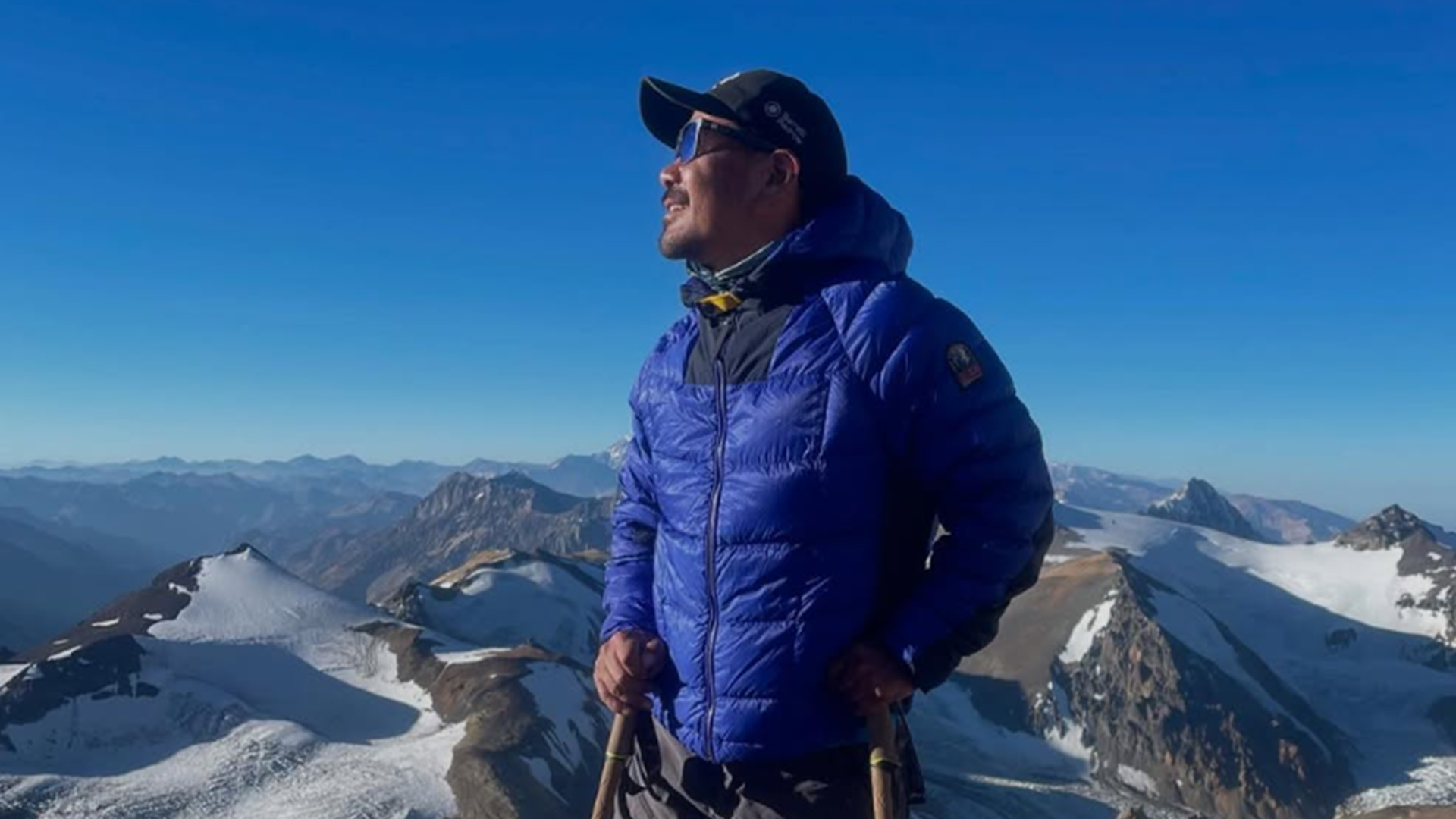
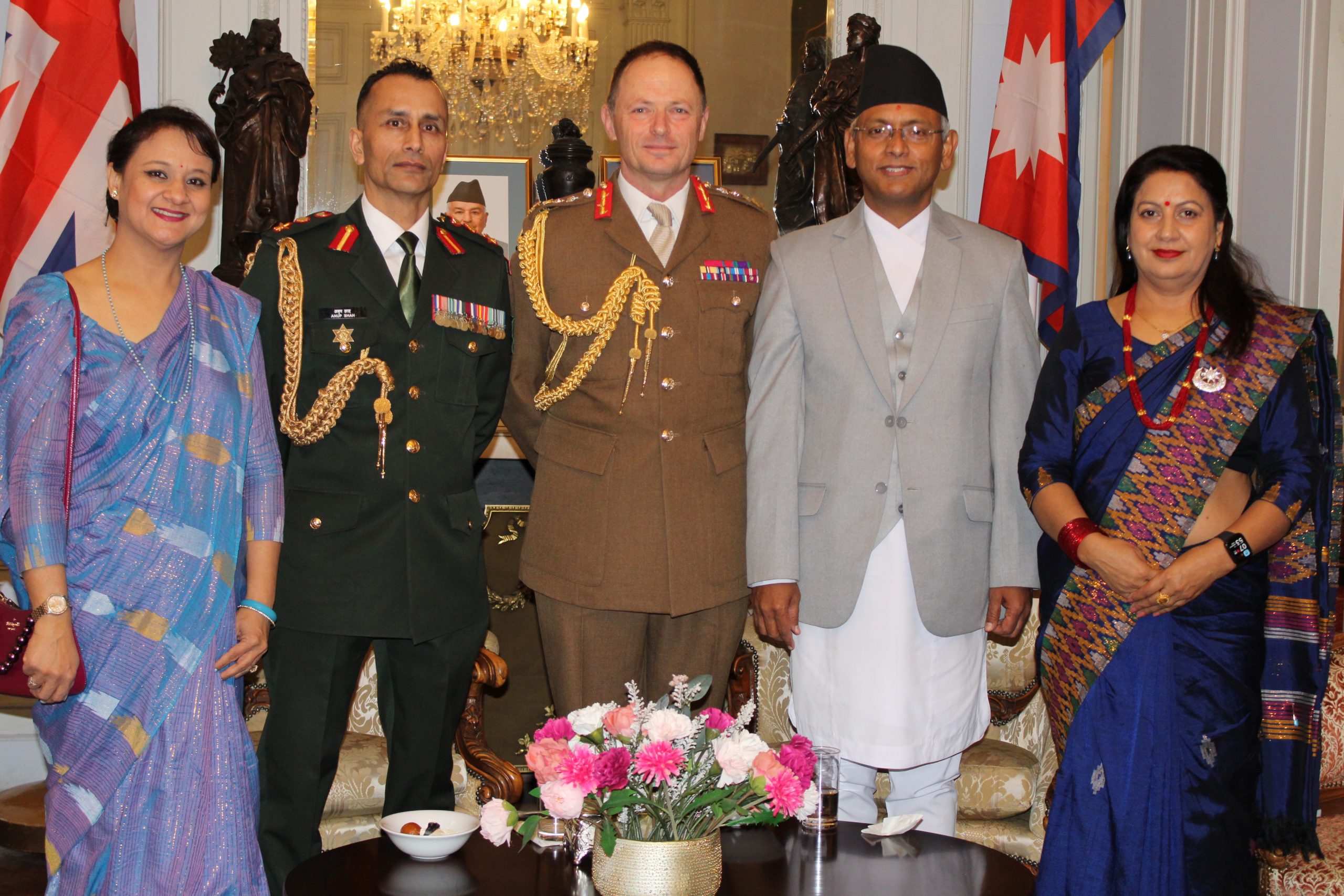
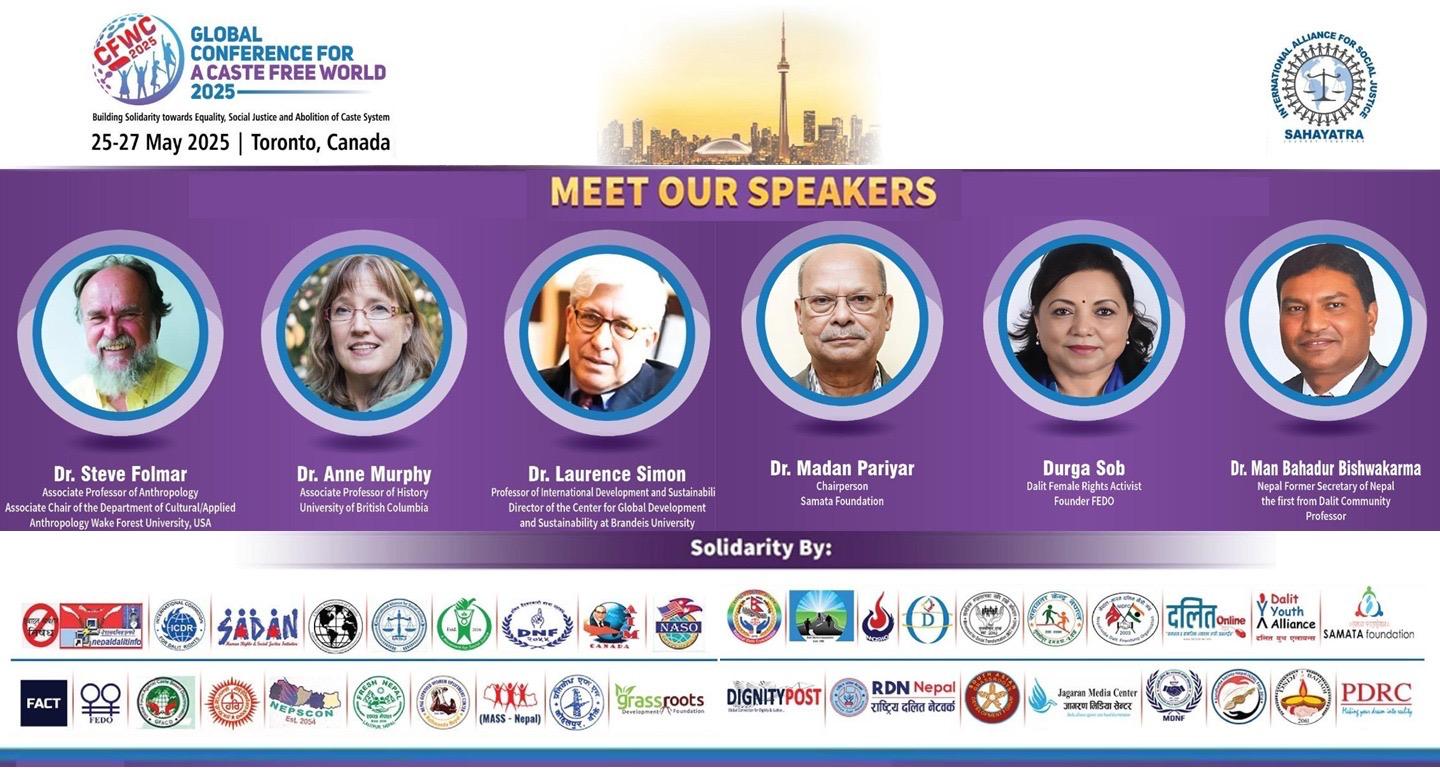



Facebook Comments